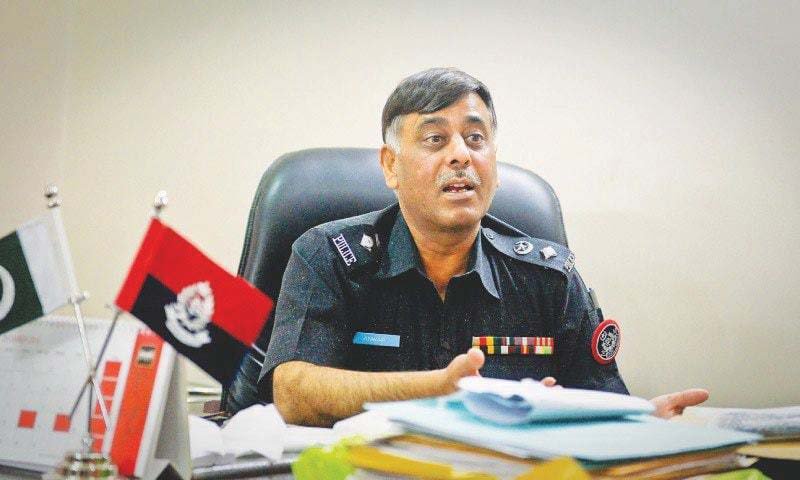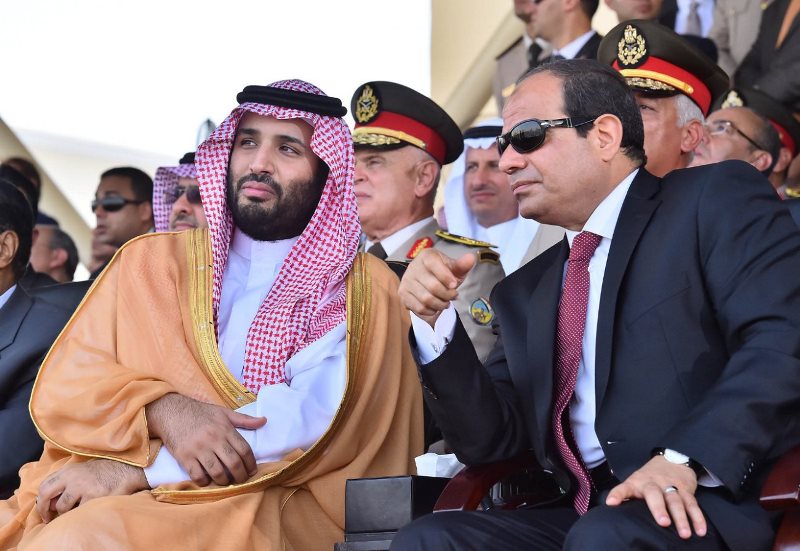Views on News for 5-01-2012
Headlines:
- Eurozone Collapse ‘Starts this Year’ says CEBR
- Syria Government Deceiving Arab League Monitors
- Hard-line U.S. Policy Tips Iran toward Belligerence
- Taliban Publicly Expresses Interest in Talks with U.S.
- Pakistan is a Slave of the US
Details:
Eurozone collapse ‘starts this year’ says CEBR:
Europe’s single currency is almost certain to disintegrate within the next decade, a leading think tank has predicted, with Greece and Italy potentially abandoning the euro this year. As the troubled euro marked its 10th anniversary this weekend, the Centre for Economics and Business Research (CEBR) said there was a 99pc chance that the currency would not survive the next 10 years. “It now looks as though 2012 will be the year when the euro starts to break up,” the CEBR said. The think tank added that Britain could well be in recession already, with growth likely to contract in the final quarter of 2011 and the first quarter of 2012. “It is not a done deal yet – we are only forecasting a 60pc probability – but our forecast is that by the end of the year at least one country (and probably more) will leave”, said Douglas McWilliams, the CEBR’s chief executive.
Syria government deceiving Arab League Monitors:
Opposition activists in Syria have accused the government of deceiving Arab League monitors. Military vehicles have been replaced to make it look as though the army has left city centres as required by an Arab League peace plan, activists said. At least 12 people were killed across Syria on Wednesday, according to one activist network. The UN says more than 5,000 civilians have been killed in a crackdown on anti-government protests since March. Casualty figures and other details are hard to verify as most foreign media are barred from reporting freely in Syria. Around 100 Arab League observers have been in Syria since last week to monitor compliance to a peace plan brokered by the Arab League. “The observers are going to areas known to be loyal to the regime,” Rami Abdel Rahman, head of the UK-based Syrian Observatory for Human Rights, told the Associated Press news agency. “Since the mission started the regime is limiting their movements and when they go out they are under the protection and supervision” of Syrian security forces, activist Mustafa Osso told AP from Syria
Hard-line U.S. policy tips Iran toward belligerence:
The latest warning by Iran, that a U.S. aircraft carrier that recently transited through the Strait of Hormuz should not do so again, is a sign to the West that should be well-observed. It tells us the regime in Tehran is ready for a fight. Tensions between Iran and the U.S. are so high, a conflagration could be tripped off without either country intending it. This latest spiral of hostility began after the U.S. and its European allies responded to the International Atomic Energy Agency’s report on Iran’s nuclear activities by imposing and threatening additional, tougher sanctions. New U.S. measures may drastically cut Iran’s oil revenue. That, in turn, may threaten the Iranian regime’s hold on power. Predictably, then, the ruling clerics are responding with shows of strength to boost solidarity at home. And they can be counted on to accelerate Iran’s nuclear program, which they see as a deterrent to foreign intervention.
Taliban publicly expresses interest in talks with U.S:
The Taliban on Tuesday for the first time publicly expressed interest in negotiating with Washington, outlining a vision for talks with U.S. officials in Qatar that conspicuously excluded a role for the Afghan government. The announcement marked a major departure for the group that had long said it would not negotiate while foreign troops remained in Afghanistan. It offered a measure of hope that after years of missteps, a desperate U.S.-sought negotiated settlement to the decade-long war is possible. If a Taliban office is established in Qatar, U.S. and Afghan interlocutors would have a formal venue to hold substantive talks with the group’s envoys after months of clandestine contact. But analysts warned of substantial unknowns and possible pitfalls, including whether Pakistan will back or seek to thwart the effort. In addition, it was feared that the statement’s omission of a role for the Afghan government would anger Karzai, a fear that was at least in part allayed by Wednesday’s presidential statement.
Pakistan is a slave of the US:
This week a senior retired officer of the Pakistani Air Force, Sultan M. Hali, said the US-Pakistani relationship has been “one-sided” and the Pakistani, government and the military need to review ties with Washington. Following the November US-led airstrikes on two military checkpoints in northwest of Pakistan that left 24 soldiers dead, the relationship between the two allies suffered a major blow, Hali added. The raid prompted several anti-US demonstrations in Pakistani cities. Meanwhile, a Pakistani parliamentary committee is reviewing the country’s future cooperation with the United States. In 2001, Pakistan entered an alliance with the US in the so-called war on terror. At least 35,000 Pakistanis, including civilians, have lost their lives in the violence since then. Hali went on to say that the recent move by US Congress to freeze about USD 700 million in aid to Pakistan could further strain existing ties between the two countries. “A number of things were taken for granted by the US especially it was said that there was an [approval] by the government regarding the drone attacks which were being allowed for the CIA to launch targets against the enemy in the Pakistani territories,” he noted. “But it has appeared that there was nothing in black and white. And there were a number of other incidents in which CIA agents were being placed in Pakistan without any formal agreement. So all these things need to be revisited,” the Pakistani commentator concluded.
11 Safar 1433
2012/01/05
Eurozone collapse ‘starts this year’ says CEBR:
Europe’s single currency is almost certain to disintegrate within the next decade, a leading think tank has predicted, with Greece and Italy potentially abandoning the euro this year. As the troubled euro marked its 10th anniversary this weekend, the Centre for Economics and Business Research (CEBR) said there was a 99pc chance that the currency would not survive the next 10 years. “It now looks as though 2012 will be the year when the euro starts to break up,” the CEBR said. The think tank added that Britain could well be in recession already, with growth likely to contract in the final quarter of 2011 and the first quarter of 2012. “It is not a done deal yet – we are only forecasting a 60pc probability – but our forecast is that by the end of the year at least one country (and probably more) will leave”, said Douglas McWilliams, the CEBR’s chief executive.
Syria government deceiving Arab League Monitors:
Opposition activists in Syria have accused the government of deceiving Arab League monitors. Military vehicles have been replaced to make it look as though the army has left city centres as required by an Arab League peace plan, activists said. At least 12 people were killed across Syria on Wednesday, according to one activist network. The UN says more than 5,000 civilians have been killed in a crackdown on anti-government protests since March. Casualty figures and other details are hard to verify as most foreign media are barred from reporting freely in Syria. Around 100 Arab League observers have been in Syria since last week to monitor compliance to a peace plan brokered by the Arab League. “The observers are going to areas known to be loyal to the regime,” Rami Abdel Rahman, head of the UK-based Syrian Observatory for Human Rights, told the Associated Press news agency. “Since the mission started the regime is limiting their movements and when they go out they are under the protection and supervision” of Syrian security forces, activist Mustafa Osso told AP from Syria
Hard-line U.S. policy tips Iran toward belligerence:
The latest warning by Iran, that a U.S. aircraft carrier that recently transited through the Strait of Hormuz should not do so again, is a sign to the West that should be well-observed. It tells us the regime in Tehran is ready for a fight. Tensions between Iran and the U.S. are so high, a conflagration could be tripped off without either country intending it. This latest spiral of hostility began after the U.S. and its European allies responded to the International Atomic Energy Agency’s report on Iran’s nuclear activities by imposing and threatening additional, tougher sanctions. New U.S. measures may drastically cut Iran’s oil revenue. That, in turn, may threaten the Iranian regime’s hold on power. Predictably, then, the ruling clerics are responding with shows of strength to boost solidarity at home. And they can be counted on to accelerate Iran’s nuclear program, which they see as a deterrent to foreign intervention.
Taliban publicly expresses interest in talks with U.S:
The Taliban on Tuesday for the first time publicly expressed interest in negotiating with Washington, outlining a vision for talks with U.S. officials in Qatar that conspicuously excluded a role for the Afghan government. The announcement marked a major departure for the group that had long said it would not negotiate while foreign troops remained in Afghanistan. It offered a measure of hope that after years of missteps, a desperate U.S.-sought negotiated settlement to the decade-long war is possible. If a Taliban office is established in Qatar, U.S. and Afghan interlocutors would have a formal venue to hold substantive talks with the group’s envoys after months of clandestine contact. But analysts warned of substantial unknowns and possible pitfalls, including whether Pakistan will back or seek to thwart the effort. In addition, it was feared that the statement’s omission of a role for the Afghan government would anger Karzai, a fear that was at least in part allayed by Wednesday’s presidential statement.
Pakistan is a slave of the US:
This week a senior retired officer of the Pakistani Air Force, Sultan M. Hali, said the US-Pakistani relationship has been “one-sided” and the Pakistani, government and the military need to review ties with Washington. Following the November US-led airstrikes on two military checkpoints in northwest of Pakistan that left 24 soldiers dead, the relationship between the two allies suffered a major blow, Hali added. The raid prompted several anti-US demonstrations in Pakistani cities. Meanwhile, a Pakistani parliamentary committee is reviewing the country’s future cooperation with the United States. In 2001, Pakistan entered an alliance with the US in the so-called war on terror. At least 35,000 Pakistanis, including civilians, have lost their lives in the violence since then. Hali went on to say that the recent move by US Congress to freeze about USD 700 million in aid to Pakistan could further strain existing ties between the two countries. “A number of things were taken for granted by the US especially it was said that there was an [approval] by the government regarding the drone attacks which were being allowed for the CIA to launch targets against the enemy in the Pakistani territories,” he noted. “But it has appeared that there was nothing in black and white. And there were a number of other incidents in which CIA agents were being placed in Pakistan without any formal agreement. So all these things need to be revisited,” the Pakistani commentator concluded.





